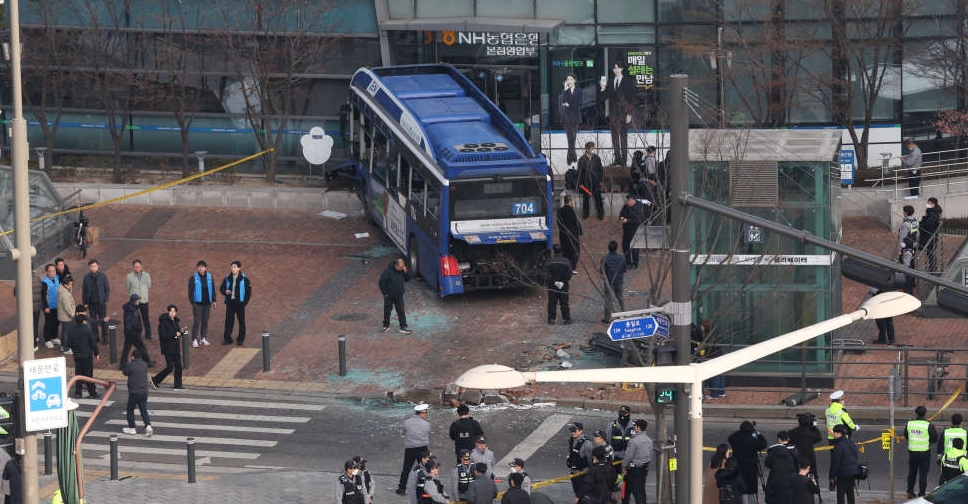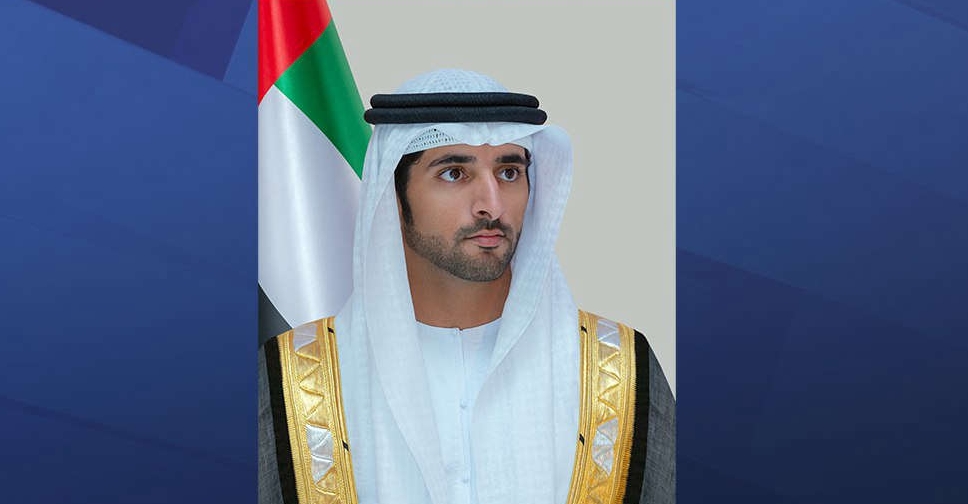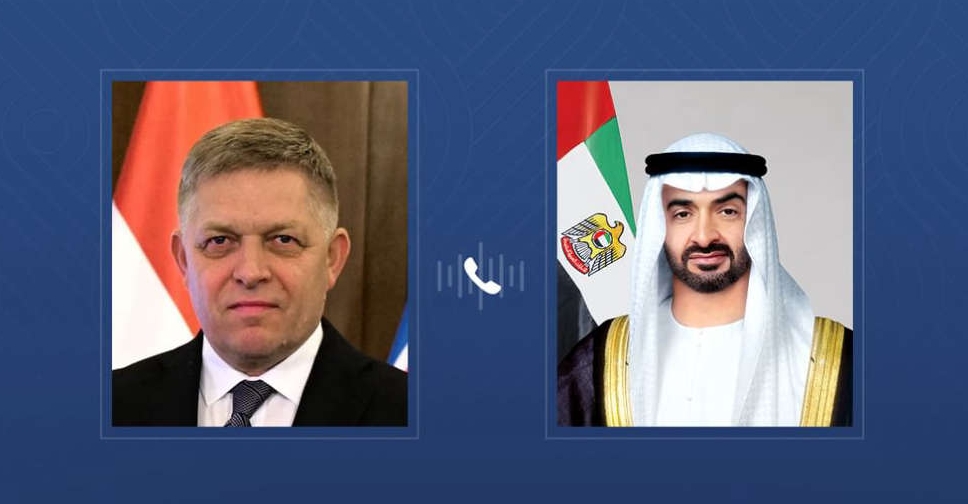
Russia unleashed on Thursday its second big attack on Ukraine's energy infrastructure this month, leaving much of the country without power.
President Vladimir Putin said Moscow had struck in response to Ukraine's strikes on Russian territory with US medium-range ATACMS missiles. He said Russia's future targets could include "decision-making centres" in Kyiv.
Ukrainian President Volodymyr Zelenskiy accused Russia of a "despicable escalation", saying it had used cruise missiles with cluster munitions.
Later in his nightly video address, Zelenskiy said he was speaking to Western leaders, including NATO Secretary General Mark Rutte, British Prime Minister Keir Starmer and German Chancellor Olaf Scholz, to forge a response to "Russia's attempt to make the situation more unbearable and drag out the war".
"Now is the time to strengthen our positions - the position of Ukraine and our partners," he said.
US President Joe Biden condemned the Russian attack as "outrageous," saying in a statement that it serves as a "another reminder of the urgency and importance of supporting the Ukrainian people in their defense against Russian aggression."
Over 1 million people lost power in the immediate aftermath of the strikes, and millions more had their existing schedule of rolling power cuts intensified.
Ukraine's air force said Russia used 91 missiles and 97 drones in Thursday's attack. It said 12 of those had hit their targets, most of which were energy and fuel facilities.
"The enemy is using a large number of missiles and drones. Their massive use in certain areas often exceeds the number of means of (air defence) cover," the air force said in a statement.
Infrastructure facilities were damaged in nine regions, Ukraine's Interior Ministry said.
The attack reinforced fears of long power cuts during the winter months as temperatures hover around zero.
Officials said it was the 11th major strike on the energy system since March. Russia has knocked out about half Ukraine's available generating capacity during the war, damaged the distribution system and forced authorities to impose long blackouts.
A source in the energy sector said Ukraine had disconnected all nuclear power units from the grid before the attack to protect them. Ukraine gets more than half of its electricity from nuclear plants.



 Trump accepts Nobel medal from Venezuelan opposition leader Machado
Trump accepts Nobel medal from Venezuelan opposition leader Machado
 Bus crashes into building in South Korea, leaving 13 injured, Yonhap says
Bus crashes into building in South Korea, leaving 13 injured, Yonhap says
 South Korea's ex-president Yoon given 5-year jail term in first ruling over martial law
South Korea's ex-president Yoon given 5-year jail term in first ruling over martial law
 Australia social media ban hits 4.7 million teen accounts in first month
Australia social media ban hits 4.7 million teen accounts in first month
 Arab Parliament welcomes transitional Palestinian panel in Gaza
Arab Parliament welcomes transitional Palestinian panel in Gaza



